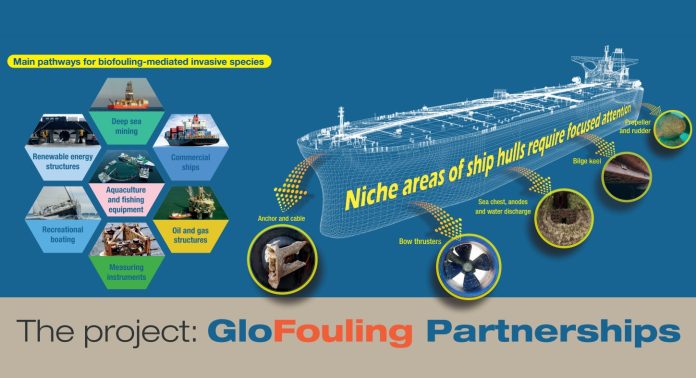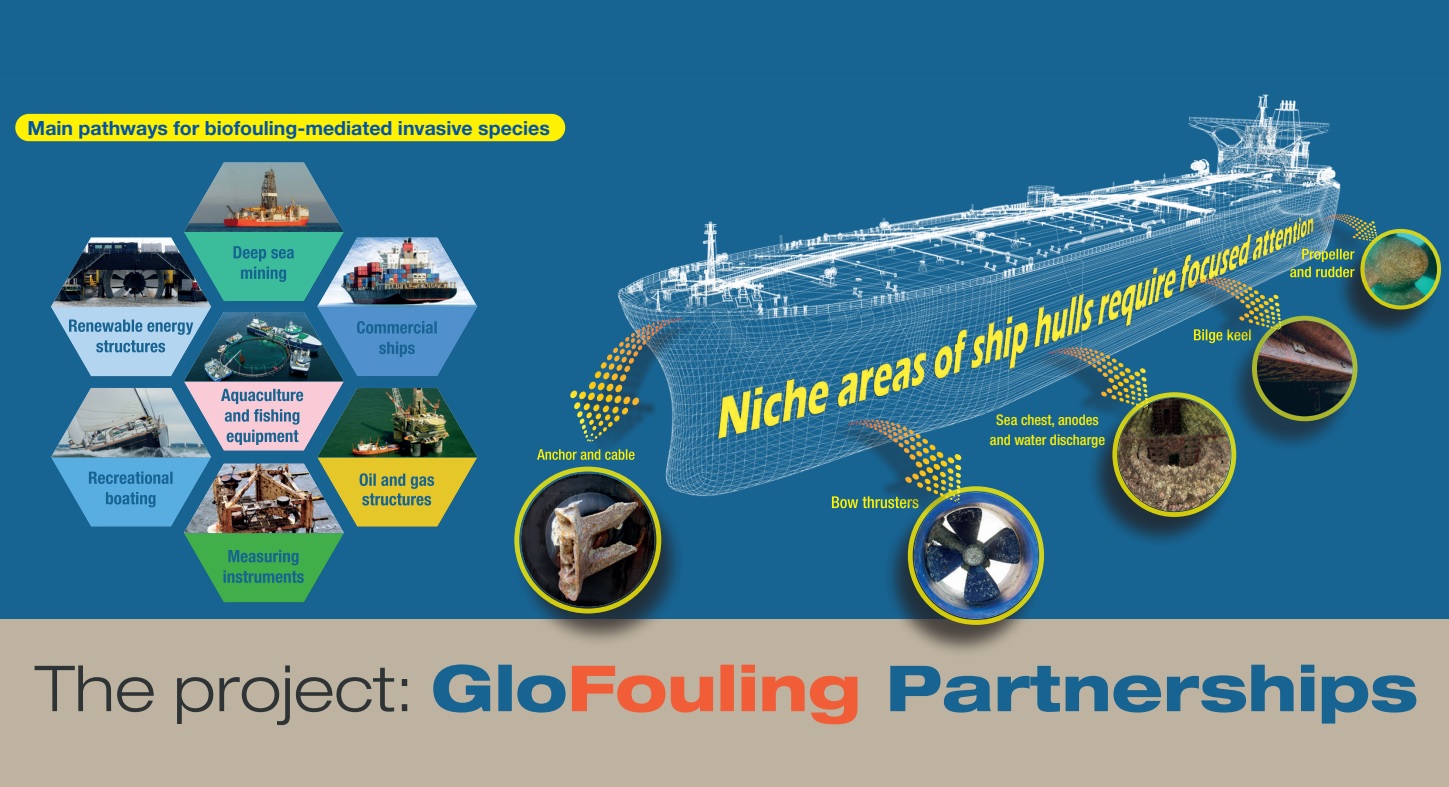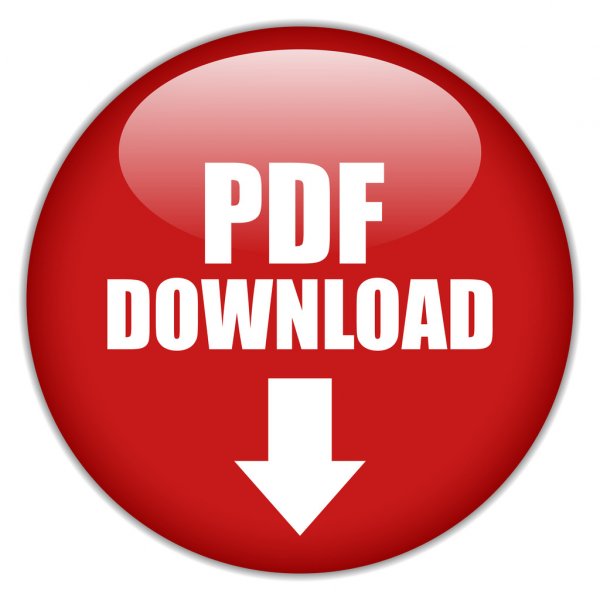
(www.MaritimeCyprus.com) The Global Industry Alliance (GIA) for Marine Biosafety has agreed the next stage of its plans to tackle aquatic invasive species through the management of biofouling. As part of GIA’s programme of work for 2023, members approved the commissioning of a study to understand how waste from in-water cleaning of biofouling might affect the ambient water quality.
As well as discussing current and future activities, the Alliance’s 10th meeting (28 February) was an opportunity for GIA to welcome the group’s newest member, the hull performance solutions provider, Hempel.
The company’s Executive Vice President and Head of Marine, Alexander Enström, told the gathering they were looking forward to working with GIA.
GIA recently released a short animation (view below) outlining the problem of biofouling as well as some of the solutions. It includes findings from a study that showed that keeping ships’ hulls free from just a thin layer of slime could reduce a ship’s GHG emissions by up to 25%.
“We believe that strong collaboration between all stakeholders - governments, NGOs and the maritime industry - is needed to identify challenges and accelerate solutions to decarbonise the maritime industry and protect marine environments”, he said.
Biofouling is the accumulation of microorganisms, plants, algae, or small animals on underwater surfaces such as ships’ hulls. It can create irreversible effects on marine biodiversity by introducing potentially invasive aquatic species into new environments. Biofouling also contributes to higher greenhouse gas emissions because it increases the drag of ships, forcing them to burn more fuel.
The GIA for Marine Biosafety was launched in 2020 as part of IMO’s GloFouling Partnerships Project to support two key IMO environmental objectives via improved biofouling management: protecting marine biodiversity and the decarbonization of shipping.
As a way of raising awareness of how severe threat biofouling is to marine biodiversity, the GIA membership agreed to produce a half-hour video to highlight the environmental and economic impacts of invasive aquatic species in local communities and countries at large.
The study "Analysing the Impact of Marine Biofouling on the Energy Efficiency of Ships and the GHG Abatement Potential of Biofouling Management Measures" can be downloaded below:
Source: IMO















